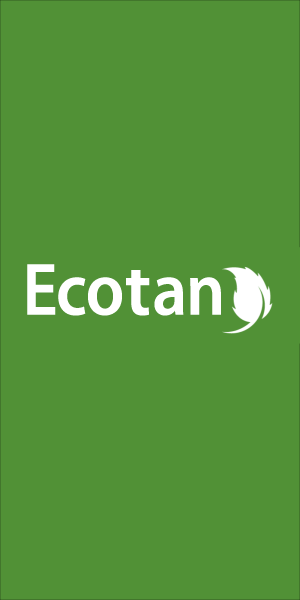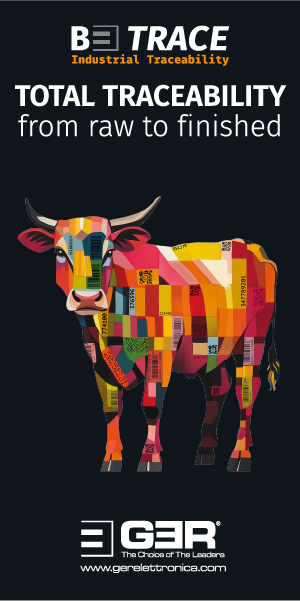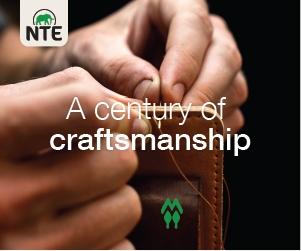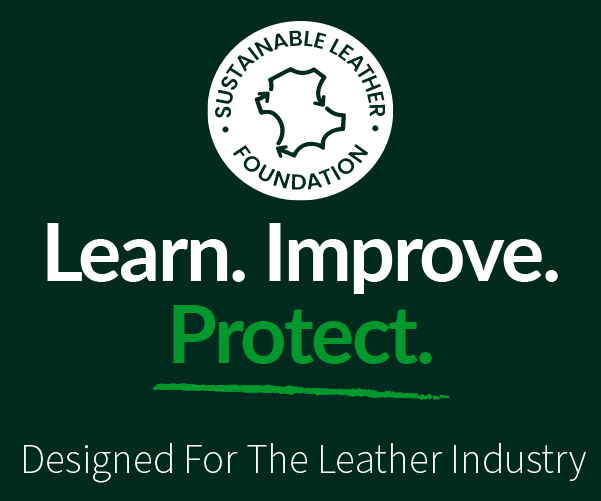Pathways to learning

We discover how efforts to build leathergoods manufacture into what may be termed an employability-minded “prison industry” in Georgia are shaping up.
The country of Georgia, situated within the Caucasus, along the Black Sea coast, is home to fourteen prisons. For years now, these institutions have facilitated a series of creative upskilling programmes for convicts under the top-down Vocational and Educational Training Center for Inmates (VETCI) umbrella; leathercraft, sewing and handicrafts are among them. On-site workspaces are therefore suitably equipped with 3D printing technology and engraving machines for accessories production, as VETCI’s director, Tamta Demurishvili, tells World Leather. Other courses, whether short or long-term, welcome inmates’ enrolment on professional accounting, tourism, entrepreneurship and information technology training schemes. Fellow prisoners might similarly be employed in raspberry and strawberry gardens, or even on snail farms. There is likewise opportunity to learn foreign languages.
Waymaking
September’s editions of trade fairs Mipel and Micam in Milan saw VETCI coordinators display a selection of prisoner-made finished small leathergoods, bags and leather shoes at an international exhibition for the very first time.
Importantly, monies received from all articles sold were ultimately deposited in makers’ bank accounts, according to Ms Demurishvili. This is just one example of the project providing participants with the means to generate extra personal income while incarcerated.
Inmates either source leathers and other raw material independently or obtain their supplies via VETCI, which oversees finished products’ final sale through economic incentivisation element Remarket (ie, “resocialisation market”). Formed on the recommendation of Georgian justice minister, Rati Bregadze, in July 2022, with financial support from the United States’ Bureau of International Narcotics and Law Enforcement Affairs, Remarket operates almost as though it is an “outlet store” inside the nation’s prisons. Leathergoods, handicrafts and other items produced by the hands of prisoners, probationers and former inmates can all be placed here for selling.
Previously, the fruits of trainees’ labour had only ever toured Georgia during annual events and festivals, more commonly those held throughout the region(s) most local to them, she explains. That the team was able to travel to the Italian fashion capital to exhibit around the same time as major leather industry event Lineapelle was therefore something of a real coup. Convicts’ hand-crafted leather articles were showcased as part of a booth that celebrated a Memorandum of Understanding between VETCI and the ministry of economy and sustainable development-affiliated agency LEPL Enterprise Georgia, which also manages the Remarket shopfronts. The prospect of contributing to a group exhibition on foreign soil only served to motivate those selected to “produce high-quality leathergoods with modern designs”, recalls the project’s director. “We are most happy that the work they presented aroused great interest among both exhibitors and international visitors.”
Retooling to reschool
This new-found attention has noticeably drummed up increased support for VETCI’s training programmes back at home, resulting in renewed interest from state-funded educational institutions, domestic leather businesses and individuals with relevant technical knowledge and expertise to share. The difference, pre- and post-Italy, is palpable, Ms Demurishvili says. Conversations regarding plans for related activity remain ongoing. The organisation typically recruits its educators from within the public and private sector alike, she adds, including business leaders, foreign diplomats and others.
Generally, course curricula tend to respond to prisoners’ needs and interests, where appropriate infrastructure can be arranged, with women gravitating more towards studies in hairdressing, beekeeping, gardening and making one’s own clothing. Male inmates, meanwhile, appear to have greater affinity for foreign languages, accounting and agriculture. “In addition to the fact that thanks to these programmes, convicts acquire new professional skills, the process supports them in spending their days constructively while in prison, as well as in their rehabilitation and resocialisation,” continues VETCI’s director. Following evaluation and final assessment, variously informed by partner educational institutions’ own frameworks, students are issued a state-recognised certificate on completion. The main objective is to reduce recidivism and improve individuals’ post-prison employability through opening up new routes to qualifications enhancement.
Leatherwork continues to offer both a ticket and a tool to future growth, no matter one’s state in life, provided they are willing to learn.
Leather's rich history and versatility is fertile ground for ongoing knowledge enhancement.
All credits: VETCI































